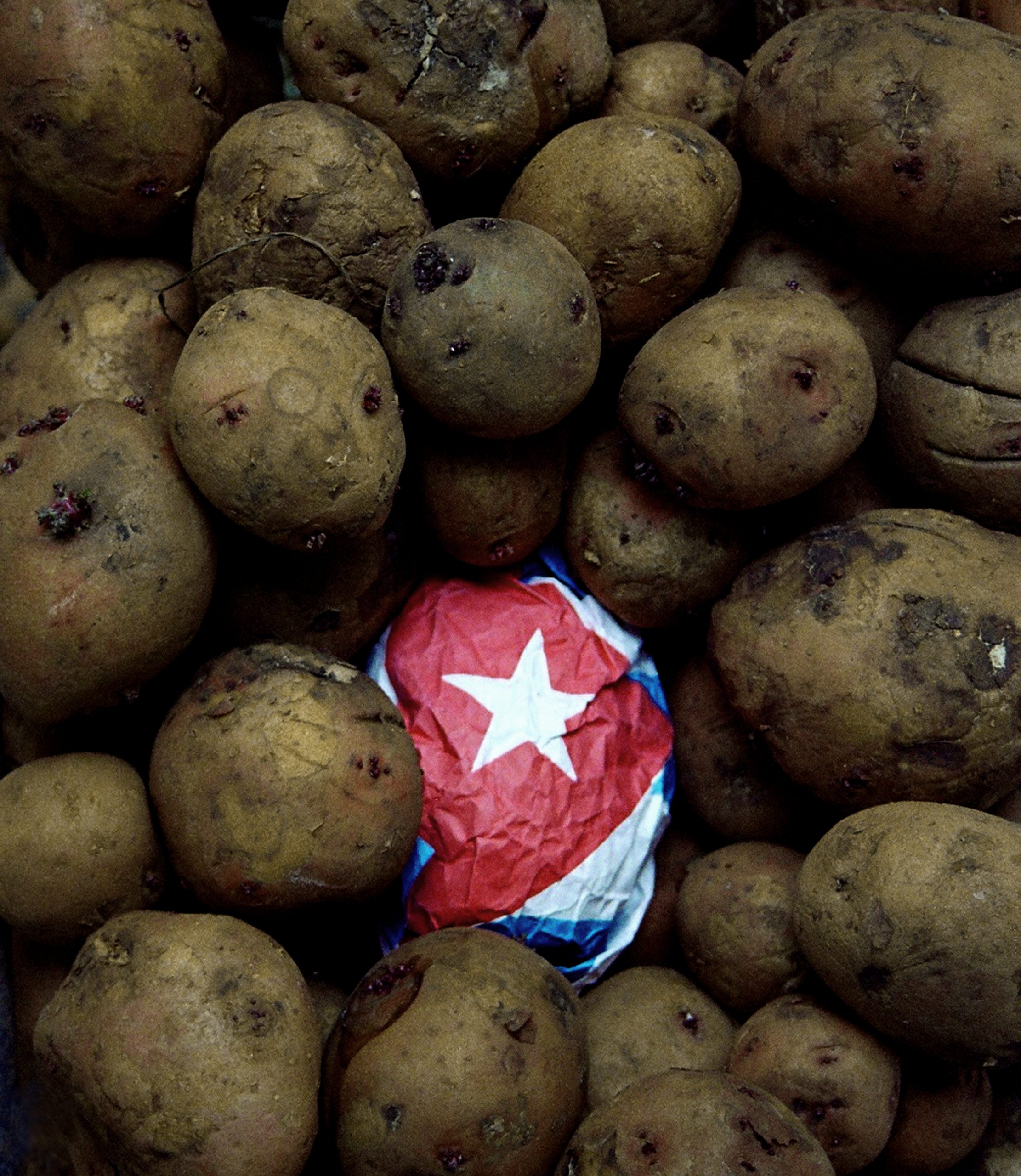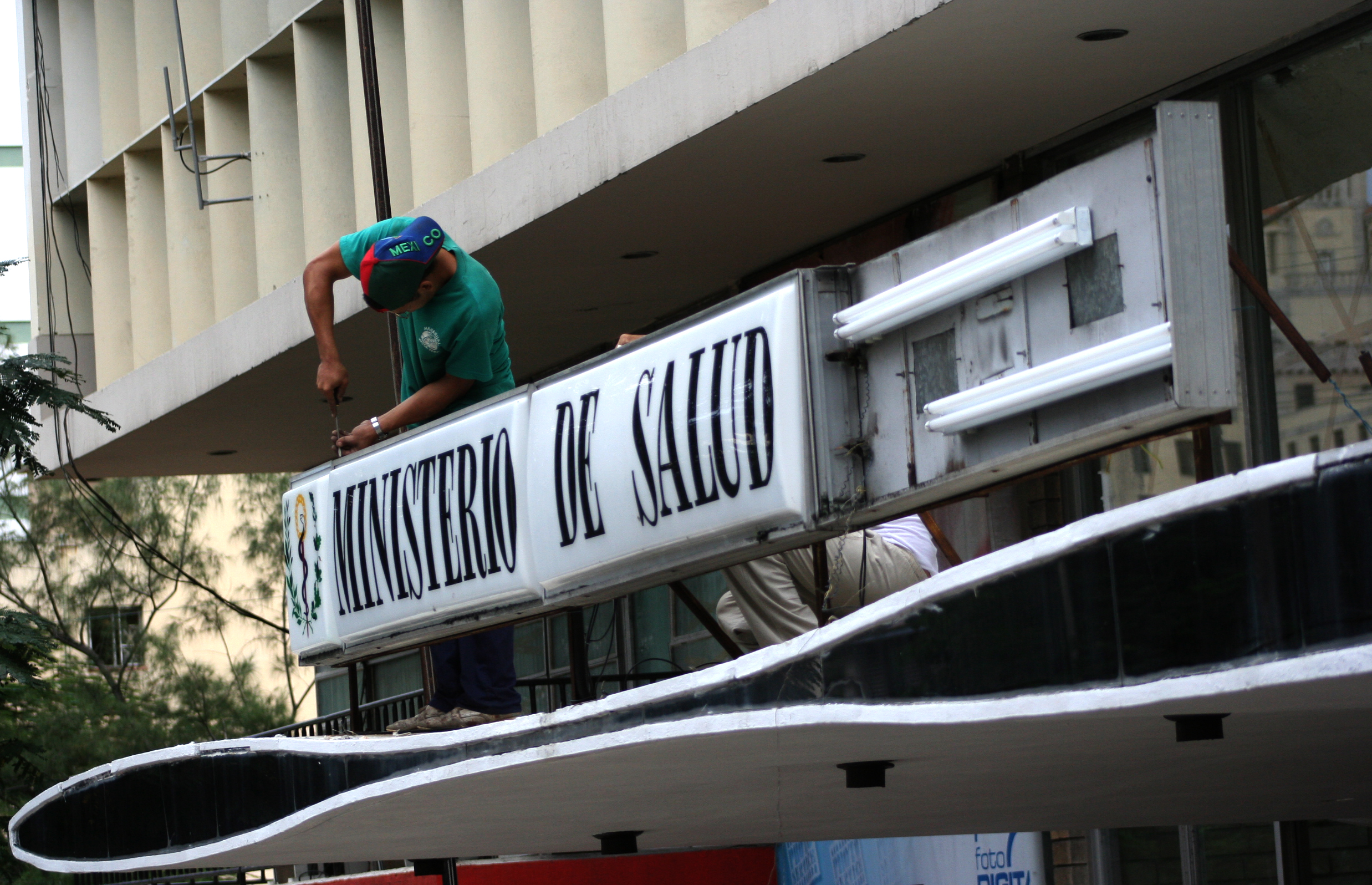The economic situation of each Cuban (on the street) is critical, and the majority of them are affected by low salaries and unemployment. There are many people with scarce resources, experiencing critical state neglect, and with untreated ailments.
Due to COVID-19, the situation in Cuba is concerning. Although most cases are concentrated in the three westernmost provinces of the country (there are 16), the risk of the pandemic spreading throughout the island is elevated because despite restrictions on movement that have been imposed in those areas, the perception of risk is inadequate and many people circumvent the closure of the territory and travel to provinces without reported cases of COVID-19. Over the last twenty days, the average number of infected people in these three provinces has doubled the number of cases reported for the entire country, with an average of 50 cases progressively increasing, and even more than 90 cases reported daily. Fortunately, the number of deaths due to COVID-19 does not exceed 100.

High prices and food shortage in the middle of the pandemic
I say, fortunately, because there are huge queues that we have to make daily to acquire the scare food and products offered by state establishments. Nearly every establishment is militarized and has a police presence, ready to repress any disorder or public demand. Several people are fined and arrested almost daily. Leaders have created a rapid action brigade to “organize the lines”, but they have full authority to repress by beating the claimants or creators of the disorder. There is also a strong, repressive campaign of policing, seizures, fines, and prosecution against the private sector and illegal resellers. It’s almost a witch-hunt that has touched them.
Most state establishments, including cafeterias, kiosks, etc. are nearly empty and many only display cigars and alcoholic beverages. The rest of the products are trifles to fill space, but there is nothing of the first necessity.
On the other hand, the economic situation of each Cuban (on the street) is critical, and the majority of them are affected by low salaries and unemployment. There are many people with scarce resources, experiencing critical state neglect, and with untreated ailments.
The prices on the black market are increasing daily and are several times higher than the previous value of each product. I will explain this with examples from the province of Granma (other provinces report higher prices, even double that of the ones shown here):
|
Product: |
Unit | Price Before COVID-19 | Current Price |
| Rice | lbs | $5 CUP (€0.16) | $15 -$20 CUP (€0.48 -€0.64) |
| Black beans | lbs | $8 CUP (€0.26) | $20 – $25 CUP (€0.64 – €0.80) |
| Red beans | lbs | $12 CUP (€0.38) | $40 -$50 CUP (€1.28 -€1.60) |
| Peas | lbs | $3 CUP (€0.10) | $10 -$12 CUP (€0.32 -€0.38) very scarce |
| Oil | litre | $50 CUP (€1.60) | $150-$200 CUP (€4.80-€6.40) |
| Pork | lbs | $25 -$30CUP (€0.80-€0.96) | $45 -$50 CUP (€1.44-€1.60) |
| Lamb | lbs | $30 CUP (€0.96) | $ 60 CUP (€1.92) very scarce |
| Sugar | lbs | $5 CUP (€0.16) | $ 15 CUP (€0.48) |
| Beef | lbs | $25- $30 CUP (€0.80-€0.96) | $70 CUP (€2.24) or more (its trade is ilegal) |
| Coffee beans | lbs | $20 CUP (€0.64) | Alrededor de $60 CUP (€1.92) |
| Roasted coffee | package | $5 CUP (€0.16) | $15 -$20 CUP (€0.48 -€0.64) |
| Powdered milk | lbs | $20 – $25CUP (€0.64 – €0.80) | $60 CUP (€0.64) |
| Whole fish | lbs | $10 -$15 CUP €0.32 – €0.48) | $35 -$40 CUP (€1.12 -€1.28) |
| Fish fillet | lbs | $18 – $20 CUP (€0.58 – €0.64) | $50 CUP (€1.60) or more |
| Garlic | 1 head | $2 -$3 CUP (€0.06- €0.10) | $5 -$8 CUP (€0.16 -€0.26) |
| Onion | 3 bulbs | $5 CUP (€0.16) | $25 CUP (€0.80) |
| Taro | lbs | $6 -$10 CUP (€0.19- €0.32) | $15 -$20 CUP (€0.48-€0.64) |
And so on… Food is scarce and usually will have tripled in cost. For example, a pumpkin can cost $20 Cuban pesos (€0.64) as well as three cucumbers, and five ripe burro bananas up to $10 Cuban pesos (€0.32). There are no differences in quality, and you take what you can get at any cost.

Shortage of medical supplies and medicines amidst a health emergency
In the case of medicine, the shortage has caused extreme chaos, as the pharmacies are supplied weekly with so little medicine that they almost always run out on the same day. Some medicine is not even put on sale. Additionally, the queues are enormous, and some people join the line the day before and still have to stay in line all night and early in the morning before returning home without the medicine they expected to purchase. The medicines reserved for specialized treatment (cardiac, diabetic, asthmatic, hypertensive, Alzheimer’s, etc.) are almost nonexistent. On to the black market, they are difficult to find and the prices are astronomical.
For example, if we take as reference the blisters of 10 units Aspirin $10 Cuban pesos (€0.32), Dipyrone $20 Cuban pesos (€0.64), Antibiotics (Cephalexin, Amoxicillin, Oxacillin) up to $100 Cuban pesos (€3.20) for 20 units, skin creams $25 to $40 Cuban pesos (€80 to €1.5) according to type, and Methocarbamol costs $30-$40 Cuban pesos (€0.96-€1.5). Restricted medicines are more expensive.
In health centers, shortages are so serious that they are reusing disposable materials and supplies (such as syringes, hypodermic needles, trocars, gloves, pots, etc.), using direct washing and autoclaving. The medical attention and hygiene conditions leave much to be desired, to the point that you have to bribe the doctors with “gifts” (which are very expensive) to be able to be attended with priority, albeit with poor treatment. The medicines doctors prescribe are almost for pleasure because there are never any in the pharmacy networks.
In short, there is chaos everywhere you look.
You can only imagine how the authorities are. The fear of facing popular discontentment is great, the tension is remarkable, and the military and police presence in the streets is great. As I was able to find out, they are recruiting young people from rural areas to pass emerging police courses, and they are offering salaries of $5.000 Cuban pesos (€160) and more as well as a few additional benefits depending on the person’s location and willingness to work.
In the face of this reality, those of us who bear the brunt of it are those who disagree with or oppose the regime, so the repression increases daily. We are constantly summoned officially to the units and threatened in very dissimilar ways; many are already facing legal proceedings for arbitrary causes and invented legal proceedings.

Leave a comment